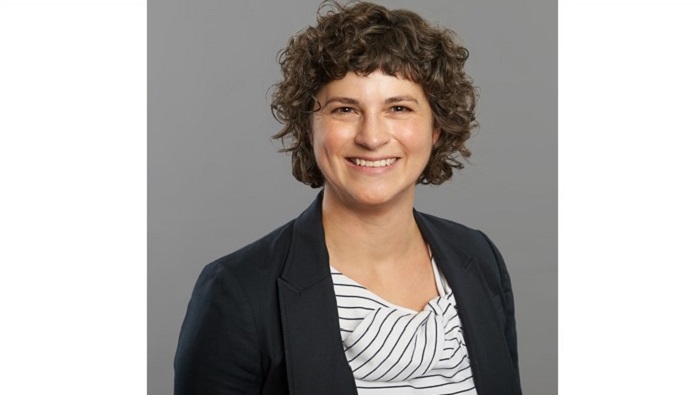Dr. Renate Kahlke Leads Workshops to Help Faculty Develop Education Research Grant Applications

The free workshops are designed to support faculty in developing their qualitative research knowledge and skills while preparing an application for any relevant grant competition.
Dr. Renate Kahlke, Assistant Professor in the Division of Education and Innovation (DEI) is leading workshops to support FHS faculty in developing successful grant applications in health professions education (HPE) research.
The free workshops are designed to support faculty in developing their qualitative research knowledge and skills while preparing an application for any relevant grant competition. Through a combination of short presentations and peer and instructor feedback, participants will learn about and develop qualitative research questions to answer an educational problem in their practice.
The main objectives are to:
- Identify a practice-relevant problem that can be addressed through qualitative research.
- Develop research questions for a qualitative study.
- Select and describe a qualitative methodology, relevant to specific research questions.
- Select and describe qualitative methods, aligned with a specific research question and methodology.
Dr. Renate Kahlke is a researcher, qualitative methodologist, theorist, and educator. After working in curriculum design and faculty development for interprofessional education and simulation, she earned a PhD in Education at the University of Alberta (2016) and completed a postdoctoral fellowship at the Centre for Health Education Scholarship at the University of British Columbia (2018). Since then, she has worked as a Research Associate at the Royal College of Physicians and Surgeons of Canada and is now Assistant Professor in DEI and Scientist in the McMaster Educational Research, Innovation and Theory Program.
Currently, Dr. Kahlke is developing a program of research that uses a range of qualitative methods to explore how social and systemic pressures influence health professionals’ and trainees’ decisions. For instance, she recently explored how trainees navigate the uncomfortable and disruptive work of health advocacy, and she is now examining how racialized trainees’ make decisions when they encounter interpersonal or systemic racism. She is also interested in moving qualitative research in health professions education forward by engaging in methodological innovation, theory development, and meta-research.
More details about the workshops are available on MERIT website.
Research